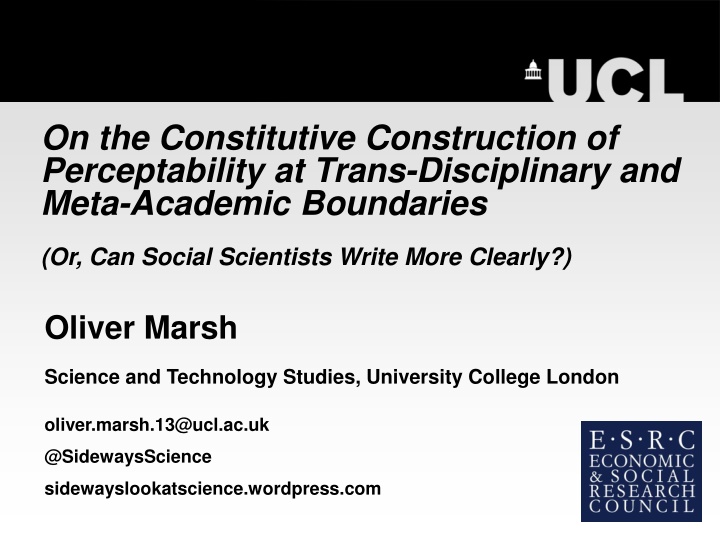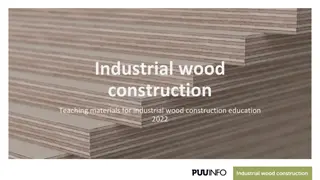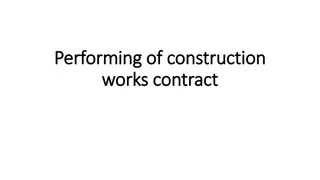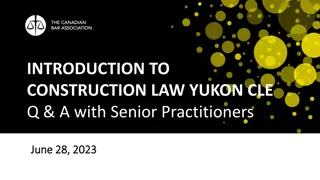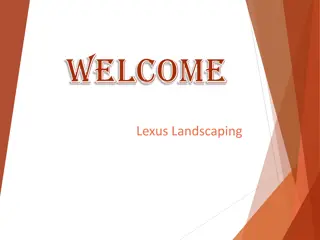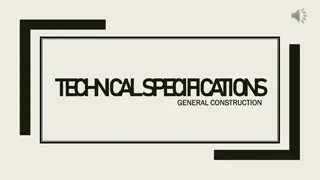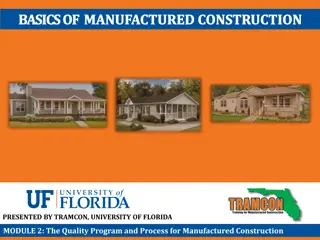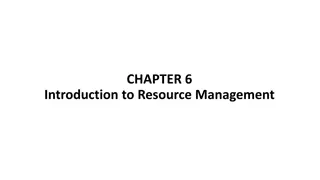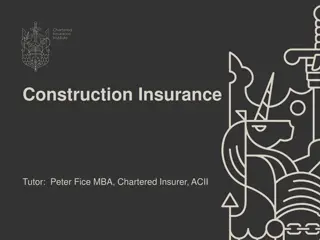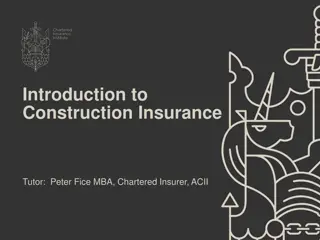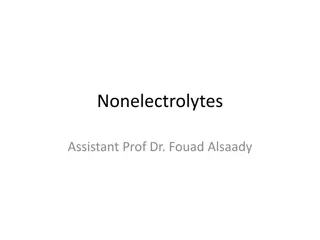On the Constitutive Construction of Perceptability
The discussion delves into issues of clarity in social science writing, highlighting the importance of avoiding obfuscation and embracing transparency. Insights from scholars like Michael Billig and Alan Sokal shed light on nominalization, metaphor usage, and the need for clear communication. The mention of the Bad Writing Contest underscores the pitfalls of convoluted academic writing. The final section offers tips for enhancing clarity in academic discourse, urging for simplicity and inclusivity in language.
Download Presentation

Please find below an Image/Link to download the presentation.
The content on the website is provided AS IS for your information and personal use only. It may not be sold, licensed, or shared on other websites without obtaining consent from the author.If you encounter any issues during the download, it is possible that the publisher has removed the file from their server.
You are allowed to download the files provided on this website for personal or commercial use, subject to the condition that they are used lawfully. All files are the property of their respective owners.
The content on the website is provided AS IS for your information and personal use only. It may not be sold, licensed, or shared on other websites without obtaining consent from the author.
E N D
Presentation Transcript
On the Constitutive Construction of Perceptability at Trans-Disciplinary and Meta-Academic Boundaries (Or, Can Social Scientists Write More Clearly?) Oliver Marsh Science and Technology Studies, University College London oliver.marsh.13@ucl.ac.uk @SidewaysScience sidewayslookatscience.wordpress.com
Michael Billig 1) Nominalization and abstraction 2) Novelty over consistency 3) Academic Culture
Alan Sokal 1) Metaphors 2) Rhetorical Slippage 3) Ambiguity between strong and weak claims 4) The Emperor s New Clothes i.e. Deliberate obfustication to hide emptiness
The Bad Writing Contest As usual, commented Denis Dutton, editor of Philosophy and Literature, this year s winners were produced by well-known, highly-paid experts who have no doubt labored for years to write like this. That these scholars must know what they are doing is indicated by the fact that the winning entries were all published by distinguished presses and academic journals. Professor Butler s first-prize sentence appears in Further Reflections on the Conversations of Our Time, an article in the scholarly journal Diacritics (1997): The move from a structuralist account in which capital is understood to structure social relations in relatively homologous ways to a view of hegemony in which power relations are subject to repetition, convergence, and rearticulation brought the question of temporality into the thinking of structure, and marked a shift from a form of Althusserian theory that takes structural totalities as theoretical objects to one in which the insights into the contingent possibility of structure inaugurate a renewed conception of hegemony as bound up with the contingent sites and strategies of the rearticulation of power. Dutton remarked that it s possibly the anxiety-inducing obscurity of such writing that has led Professor Warren Hedges of Southern Oregon University to praise Judith Butler as probably one of the ten smartest people on the planet . http://denisdutton.com/bad_writing.htm
Some final tropes (None of these are meant as hard and fast rules, but they re worth looking out for ). 1. Nouns vs. verbs 2. Overblown reference ( it is itself constitutive of the very heart of the matter ) 3. Concept jigsaws / chains ( performative and constitutive ) 4. Wordplay as discovery (e.g. Gaiapolitics , it constitutes not a relativity of truth but, on the contrary, a truth of the relative ). 5. Anything that makes outsiders unwelcome.
Oliver Marsh Science and Technology Studies, University College London oliver.marsh.13@ucl.ac.uk @SidewaysScience sidewayslookatscience.wordpress.com
